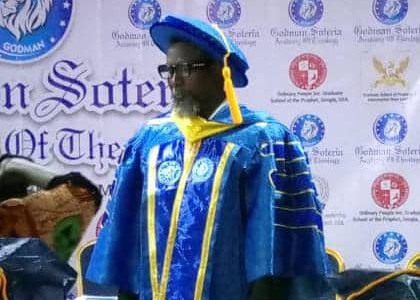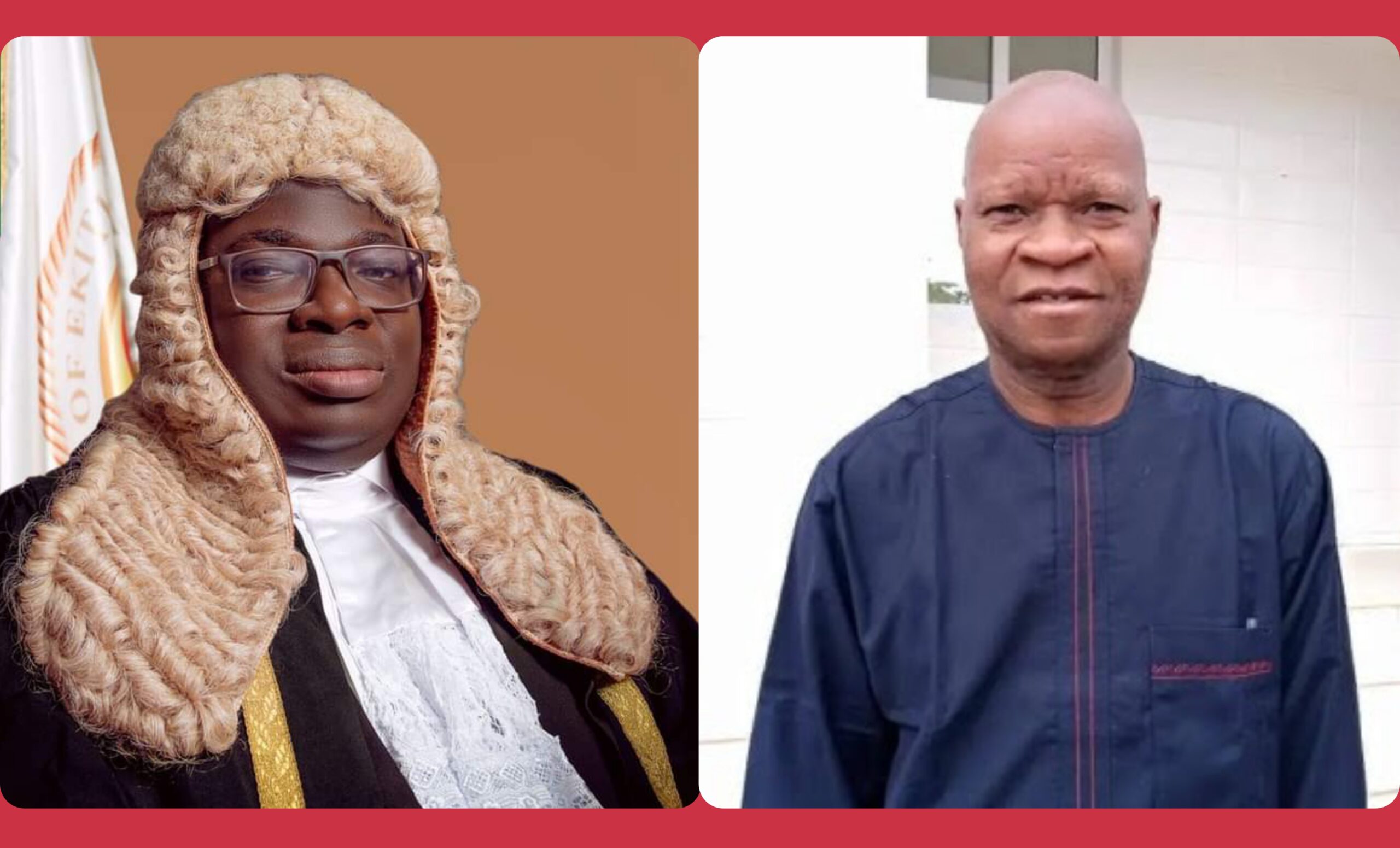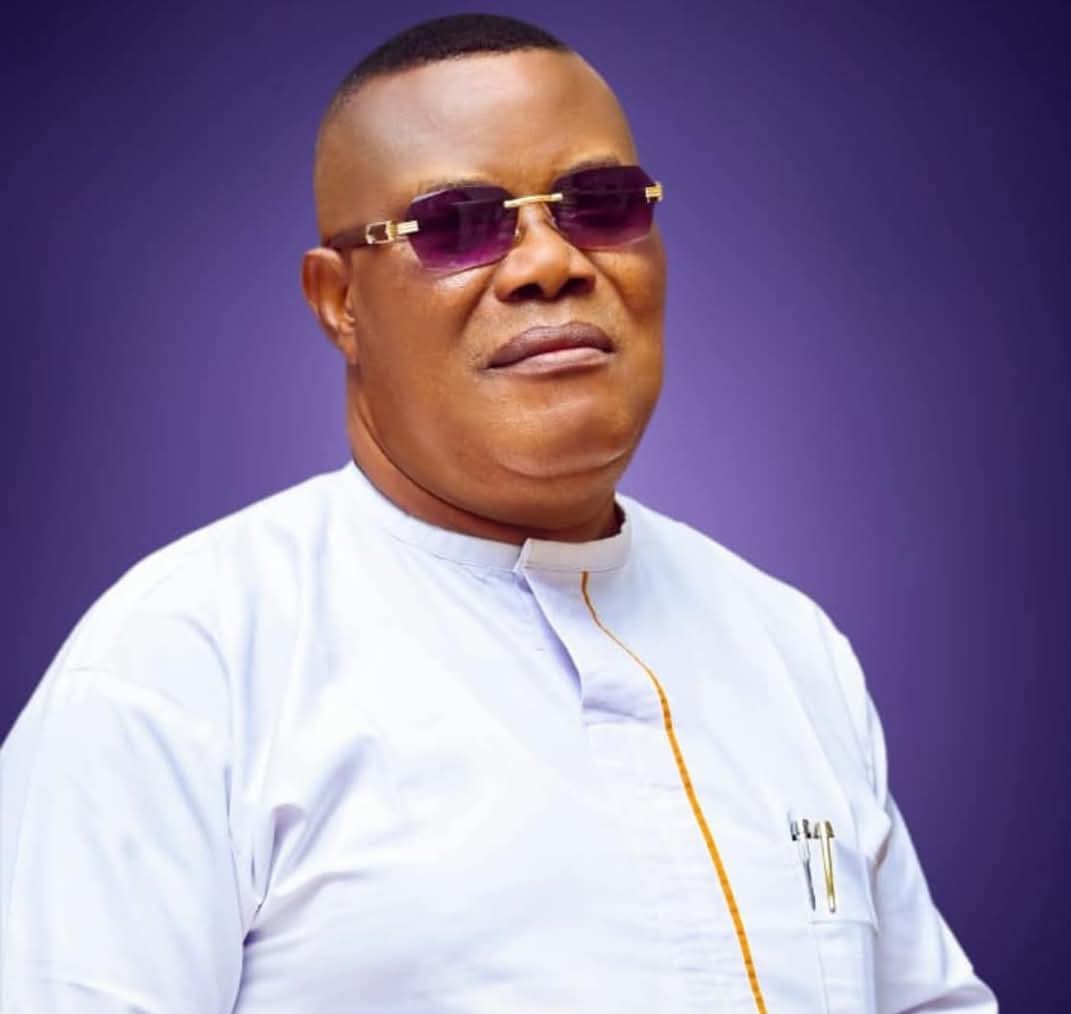By Garba Shehu
“While it is true that some in the country are happy that he is no longer in office, there are others, even more, that continue to cherish and admire him”
THIS week, President Muhammadu Buhari clocked 100 days away from office after completing two terms of four years each as President of Nigeria.
He chose to stay in Daura to be far away from Abuja in order not to distract the new APC administration and in the hope that the distance would also make it possible for him to have a good rest and to care for his farm, which had not received as much attention as it needed while he was away.
He goes to the farm four days a week and is upbeat about how well the crops and his animals are now doing. He gets a good measure of rest, but the visits have not abated. To manage the numbers, he has a weekly programme drawn for him, as they did while he was in the villa.

Visitors are scheduled on the programme, but there are so many people who just start their motorbikes and cars to head out to Daura in the belief that he has the time to receive all visitors. Among his many “special guests” are party faithful, grassroots groups, farmers, artisans, artists, praise singers, nurses and doctors, religious leaders, community leaders, and several other professionals. Not left out are those who benefited from the administration, one way or another.
The other day, he was musing about the decision to remove fuel subsidies by the Tinubu administration, saying he had hoped that it would lessen the pressure on him by constraining the large number of people who pick up their transport and head to Daura to see him from all parts of the country, but that he had noted that instead of them coming one by one, his friends, including the poor and the marginalised, now group themselves and share costs to hire buses to come to see and talk to him.
So while it is true that some in the country are happy that he is no longer in office, there are others, even more, that continue to cherish and admire him. In the eight years he led the country, Muhammadu Buhari took many decisions, and as is human, one or two may have been wrong.
But no one, not even critics, can question his intentions when those decisions were taken. There has not been a single area that has not been touched by the Buhari government, with massive, positive changes in the eight years he held the fort.

In the normative functions of our governments, an administration takes four to five major decisions in four years, and they rush to the public square to celebrate themselves. Looking at the records he left, the Buhari government has taken hundreds of major decisions in the eight years it has been in office, and yet you hear nothing but criticism upon criticism.
The promise of tackling corruption and establishing a strong democracy was a prime factor in the rise to power of Muhammadu Buhari and the All Progressives Congress Party in 2015.
On coming to office, the administration directed all ministries, departments, and agencies, MDAs, to close their accounts with deposit money banks to fully operationalise the Treasury Single Account. TSA was launched in 2012 but left on the drawing board.
More than 17,000 bank accounts were closed, and an average of four billion naira in monthly bank charges was saved. It was found out that government revenue was being banked in personal accounts, and signatories were, in some instances, big men and women who had retired from service.

This was closely followed by the institution of the Integrated Personnel and Payroll System, IPPS, to cover all MDAs in spite of great opposition by the armed forces and the universities. Ghost workers in excess of 50,000 were flushed out, and savings in the hundreds of billions were made.
The last administration established “project Lighthouse,” a financial data integration engine that helped to identify unpaid debts estimated at more than N5 trillion, out of which a good part has been recovered.
It subscribed to the Open Government Partnership, OGP, in 2016, instituted the whistleblower mechanism, which has been legislated into law, fast-tracked identity management, taking registered entries to well above 100 million from just about 20–25 in 2015, boosted asset recovery at home and abroad with enhanced laws that ensured transparency in the management of the funds, and generally increased the latitude of power and authority of anti-corruption agencies and the office of the Auditor General of the Federation.
Throughout these eight years, no bribery allegations against Muhammadu Buhari were ever made. One of the greatest achievements of the Buhari government has been that it has diversified the economy. The administration achieved self-sufficiency in rice and financed millions of small farmers in 23 different commodities, an effort that helped boost the export of agricultural commodities.

In addition to programmes such as the Anchor Borrower Scheme, the Buhari government launched the Presidential Fertilizer Initiative, following the success of which Nigeria has become a net exporter of certain variants of fertilizer; it set up Special-Agro Processing Zones; resurrected the National Agricultural Land Development Authority, NALDA; and set up the National Young Farmers Scheme, the Agriculture for Food and Jobs Programme, and the National Livestock Transformation Programme, NLTP, among others.
The NLTP was the administration’s effective response to herder-farmer clashes, which spiked a few years ago and have substantially been curbed. The Buhari government launched programmes to streamline 46 million vulnerable people into the country’s development process, men and women who were otherwise deprived of it as the nation progressed, helping thereby to increase their faith in democracy.
Two million poor and vulnerable households received a N10,000 bimonthly stipend per month; 10 million school children received a meal a day, which has boosted school enrollment; and following presidential approvals, so many schemes – Nigeria’s Micro Pension Scheme,Survival Fund, National Youth Investment Fund, National Special Public Works Programme, COVID-19 Targeted Credit Facility, Survival Fund, Nigeria Investment and Growth Fund, the Development Bank (created in 2017), and the enhancement of the Bank of Industry, just to cite a few—have all come into play to make life better for the citizens as part of the massive changes in the economy.

The COVID-19 pandemic was brought under control due to the relentless leadership of President Buhari. In fact, the country was among the top few that came out with strong economic activity after the pandemic. It has happened due to the far-sightedness of the President and the effective leadership of the efforts by the former Secretary to the Government of the Federation, Boss Mustapha. Today, Boko Haram terrorism has almost been quashed. There has been a massive improvement in health infrastructure; a significant and new education policy has been framed; and even a policy against open defecation has been formulated and is taking hold in many states.
No one should be angry at some revisionist characters whose only focus is the delegitimisation of significant Buhari legacies. They refuse to acknowledge that bomb explosions, suicide bomb incidents, and all that stopped when President Buhari stepped in. The National Security Office was ruthless in denying End User Certificates, EUCs, to those bringing in urea fertiliser. They impounded shipments of fertiliser for over five years to freeze the bomb-making industry controlled by terrorists, thereby helping to bring these atrocities to a standstill.
The so-called critics don’t want to acknowledge the great job done by the nation’s intelligence agencies in diminishing the IPOB, its affiliates, and other secessionist movements. The National Intelligence Agency, NIA, single-handedly worked with our neighbours, especially the Niger Republic, to bring down illegal small arms and light weapons importation into Nigerian territory by 78 per cent. This agency carried out extensive work on the blocking of the insurgent Cameroonian Ambazonian network’s infiltration into Nigeria. Our security and intelligence operatives were virtually awake 24/7, and the President was well aware at all times of the evolving situations.

Buhari’s critics don’t want to acknowledge how General Marwa’s arrival on the scene completely paralysed the activities of big-time drug syndicates. What General Marwa did in just one year has not been achieved in our national history. Even Senator Hadi Sirika, whom they want to smear, has improved aviation security beyond any of his predecessors.
* Shehu, a journalist and politician, is former SSA on Media and Publicity to ex president, Muhammadu Buhari




